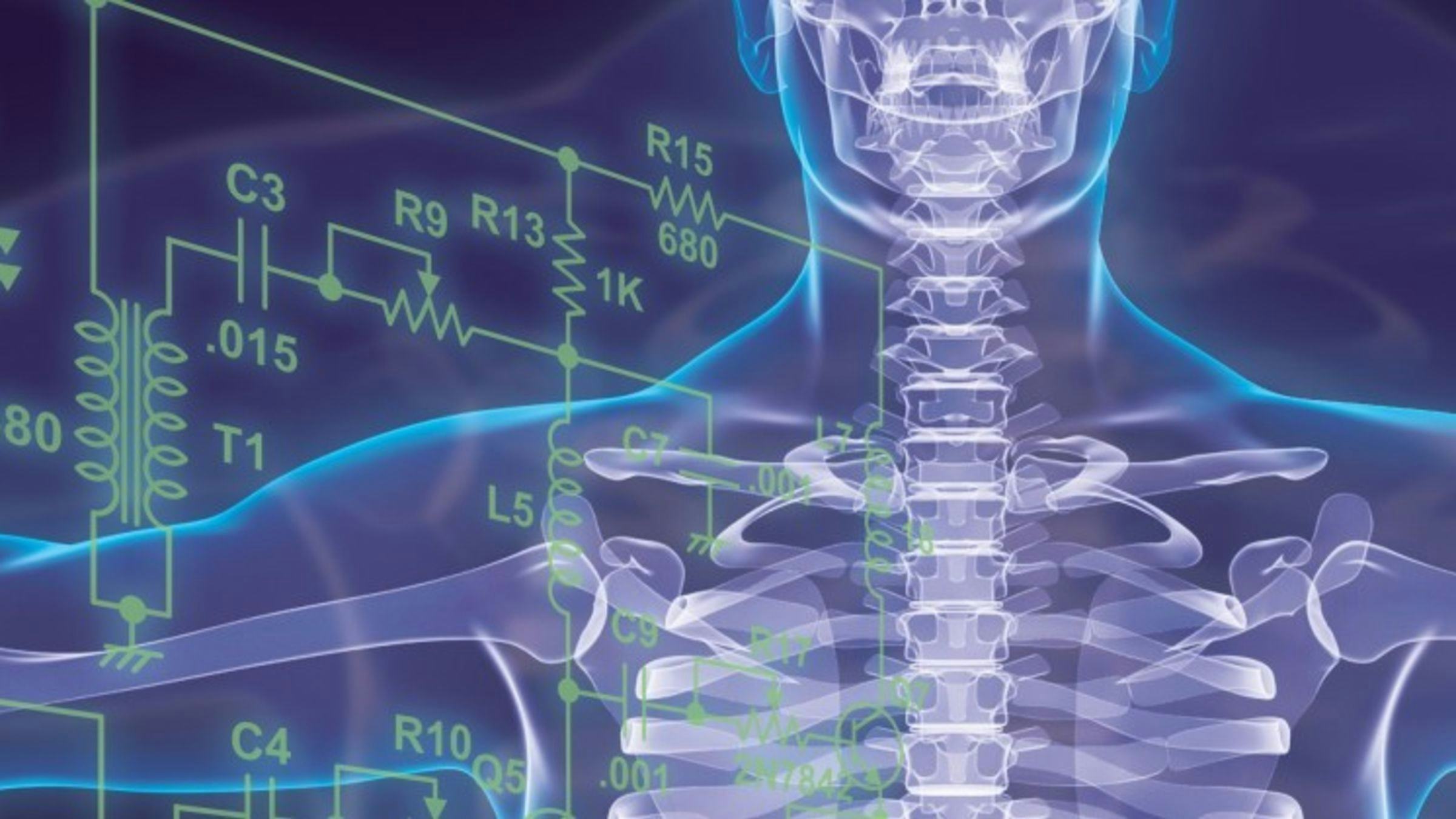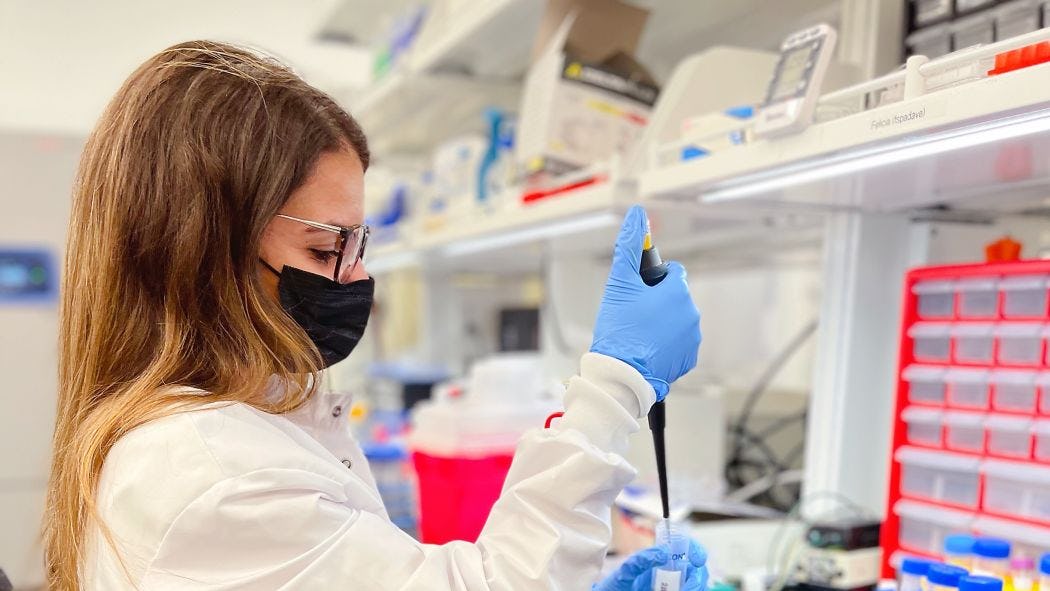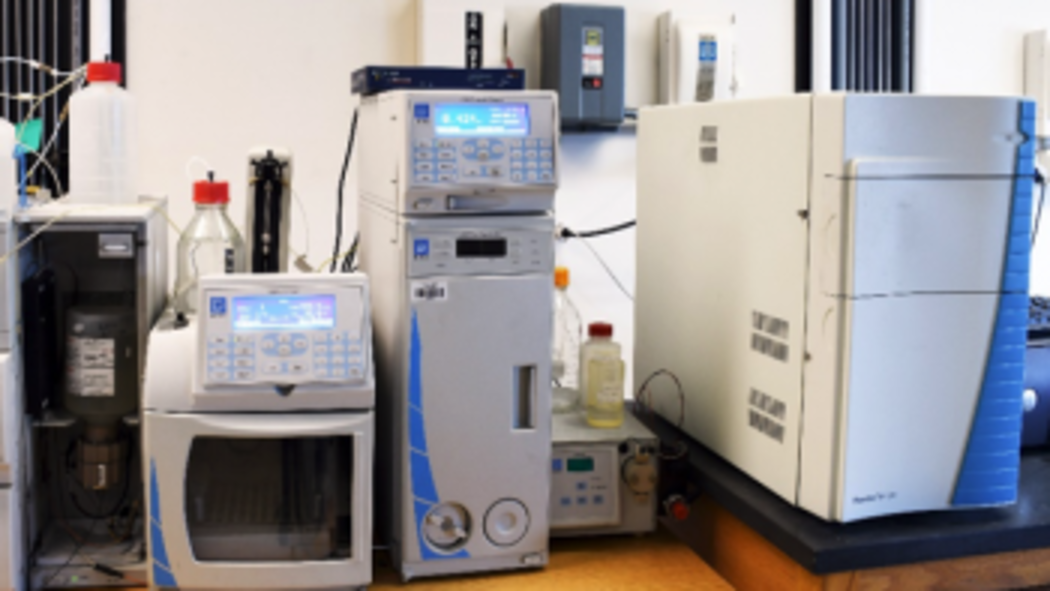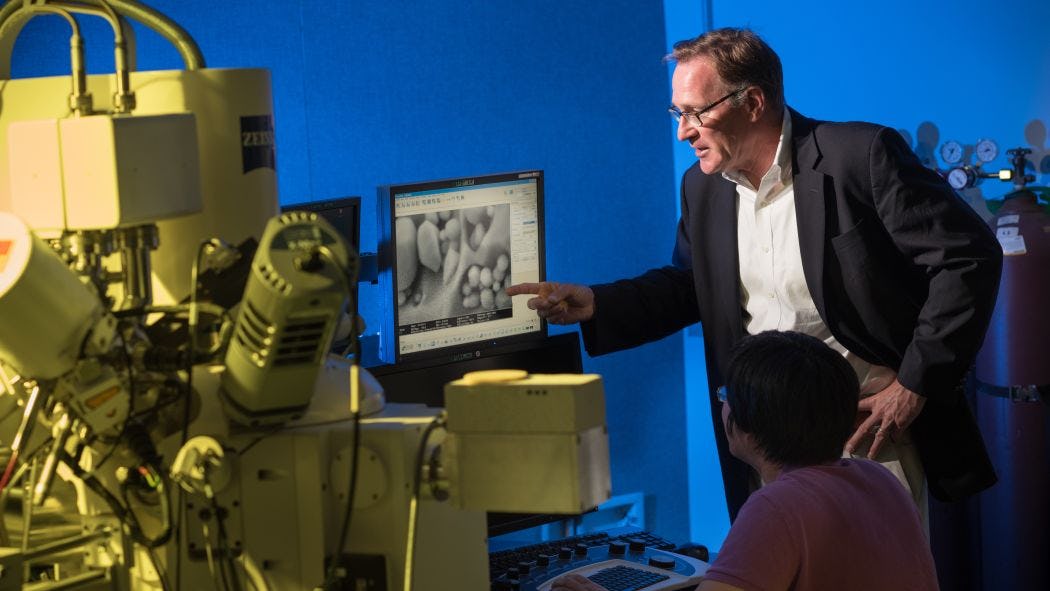
Discover Stevens: Biomedical and Healthcare Science and Technologies
FEATURED ARTICLE:

AI to Detect Vision Disorders in Premature Infants
The $2.2M NIH-funded project spearheaded by biomedical engineering professors Jennifer Kang-Mieler and Yu Gan will deploy a new, AI-powered way to help doctors quickly diagnose infant eye diseases.
RELATED RESEARCH CENTERS AND FACILITIES
At Stevens, we embrace technology as a central part of our research, academics, culture, and campus. Our tech-driven research enterprise is home to these cross-disciplinary centers and state-of-the-art facilities focused on research and development of applications in biomedical engineering and healthcare science.

Center for Healthcare Innovation
The university-wide Center for Healthcare Innovation (CHI) supports Stevens faculty- and student-initiated research and educational programs that address gaps and issues related to advancing biomedical technology and healthcare delivery, and also serves as a focal point for integration of external strategic partnerships.

Mass Spectrometry Laboratory
The Mass Spectrometry Laboratory at Stevens is one of the most well-equipped academic facilities in the U.S. With six mass analyzers incorporating time-of-flight and quadrupolar techniques, and a variety of inlets such as electrospray, MALDI, ApCI, EI and CI, the center welcomes collaborative research projects from the Stevens community and as well as outside partners.

Laboratory for Multi-Scale Imaging
The Laboratory for Multiscale Imaging (LMSI) houses instrumentation that provides imaging capabilities to study both synthetic and biological materials from macroscopic to microscopic length scale.
Biomedical and Healthcare Science and Technologies at Stevens
The Schaefer School's collaborative, entrepreneurial environment encourages the pursuit of new technologies from concept to commercialization with a focus on advancing biomedical technology and healthcare delivery, as well as on nanotechnology applications.
RELATED PROGRAMS
The educational experience in all of our more than 150 graduate programs is designed to imbue graduates with the mindset, skills, and abilities needed to stay relevant in a rapidly-evolving technological and professional landscape. The following programs prepare graduates to develop and apply the latest technologies in the biomedical and healthcare fields.

Advancing Treatment of Peripheral Nerve Injuries
With a grant of nearly $2 million from the Department of Defense, Biomedical Engineering Professor Xiaojun Yu will improve upon existing commercial surgical methods by developing an alternative technology that facilitates nerve reconnection.
STEVENS IS HIRING
Join a growing research community where scholars, leaders, students, and partners meet, join forces, share ideas, and pursue progress. The Charles V. Schaefer, Jr. School of Engineering and Science offers a complete STEM package: engineering and science under one roof means new, unique opportunities for interdisciplinary collaboration.
More Research Highlights
New Stevens-developed system accurately spots respiratory diseases in X-ray images in just a fraction of a second
